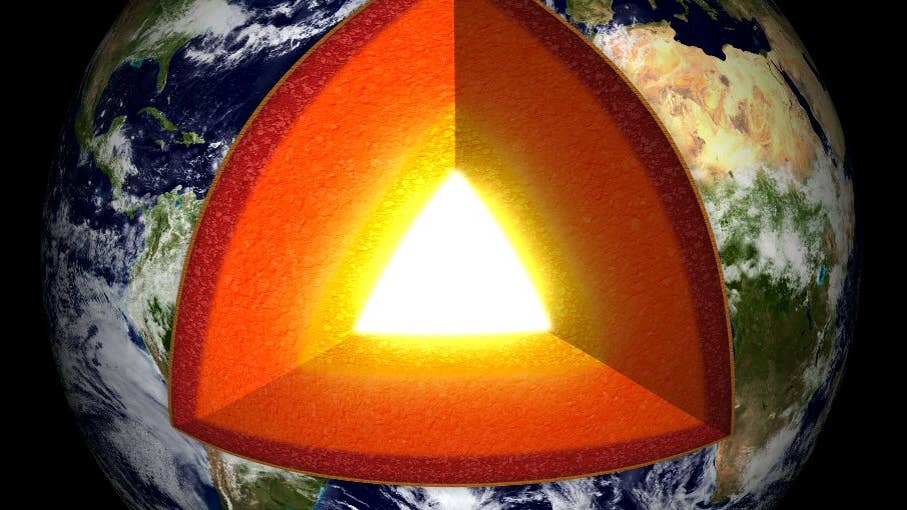DeepMind and BioNTech Bet AI Lab Assistants Will Accelerate Science

Share
There has long been hope that AI could help accelerate scientific progress. Now, companies are betting the latest generation of chatbots could make useful research assistants.
Most efforts to accelerate scientific progress using AI have focused on solving fundamental conceptual problems, such as protein folding or the physics of weather modeling. But a big chunk of the scientific process is considerably more prosaic—deciding what experiments to do, coming up with experimental protocols, and analyzing data.
This can suck up an enormous amount of an academic’s time, distracting them from higher value work. That’s why both Google DeepMind and BioNTech are currently developing tools designed to automate many of these more mundane jobs, according to the Financial Times.
At a recent event, DeepMind CEO Demis Hassabis said his company was working on a science-focused large language model that could act as a research assistant, helping design experiments to tackle specific hypotheses and even predict the outcome. BioNTech also announced at an AI innovation day last week that it had used Meta’s open-source Llama 3.1 model to create an AI assistant called Laila with a “detailed knowledge of biology.”
“We see AI agents like Laila as a productivity accelerator that’s going to allow the scientists, the technicians, to spend their limited time on what really matters,” Karim Beguir, chief executive of the company’s InstaDeep AI-subsidiary, told the Financial Times.
The bot showed off its capabilities in a live demonstration, where scientists used it to automate the analysis of DNA sequences and visualize results. According to Constellation Research, the model comes in various sizes and is integrated with InstaDeep’s DeepChain platform, which hosts various other AI models specializing in things like protein design or analyzing DNA sequences.
BioNTech and DeepMind aren’t the first to try turning the latest AI tech into an extra pair of helping hands around the lab. Last year, researchers showed that combining OpenAI’s GPT-4 model with tools for searching the web, executing code, and manipulating laboratory automation equipment could create a “Coscientist” that could design, plan, and execute complex chemistry experiments.
There’s also evidence that AI could help decide what research direction to take. Scientists used Anthropic’s Claude 3.5 model to generate thousands of new research ideas, which the model then ranked on originality. When human reviewers assessed the ideas on criteria like novelty, feasibility, and expected effectiveness, they found they were on average more original and exciting than those dreamed up by human participants.
Be Part of the Future
Sign up to receive top stories about groundbreaking technologies and visionary thinkers from SingularityHub.


However, there are likely limits to how much AI can contribute to scientific process. A collaboration between academics and Tokyo-based startup Sakana AI made waves with an “AI scientist” focused on machine learning research. It was able to conduct literature reviews, formulate hypotheses, carry out experiments, and write up a paper. But the research produced was judged incremental at best, and other researchers suggested the output was likely unreliable due to the nature of large language models.
This highlights a central problem for using AI to accelerate science—simply churning out papers or research results is of little use if they’re not any good. As a case in point, when researchers dug into a collection of two million AI-generated crystals produced by DeepMind, they found almost none met the important criteria of “novelty, credibility, and utility.”
Academia is already blighted by paper mills that churn out large quantities of low-quality research, Karin Verspoor at the Royal Melbourne Institute of Technology in Australia, writes in The Conversation. Without careful oversight, new AI tools could turbocharge this trend.
However, it would be unwise to ignore the potential of AI to improve the scientific process. The ability to automate much of science’s grunt work could prove invaluable, and as long as these tools are deployed in ways that augment humans rather than replacing them, their contribution could be significant.
Related Articles

What the Rise of AI Scientists May Mean for Human Research

This Brain Pattern Could Signal the Moment Consciousness Slips Away

Vast ‘Blobs’ of Rock Have Stabilized Earth’s Magnetic Field for Hundreds of Millions of Years
What we’re reading
